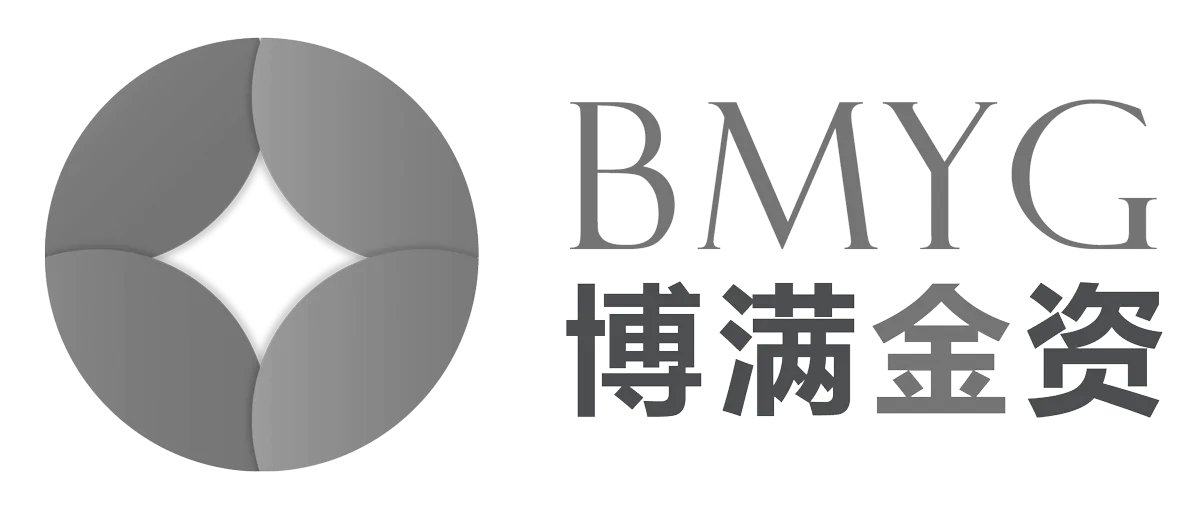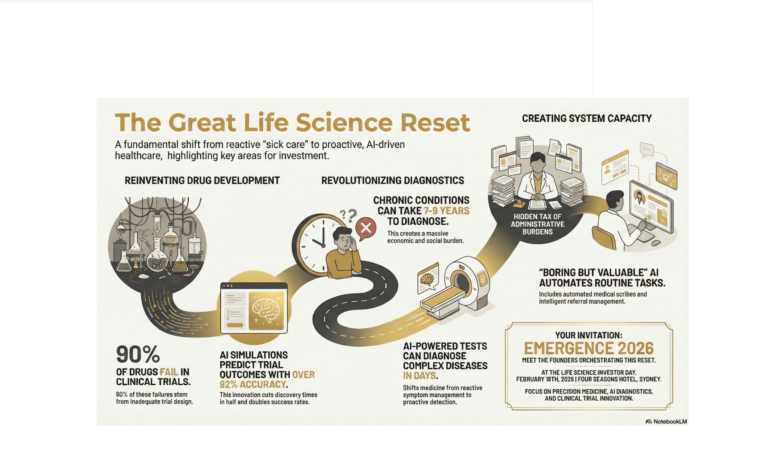News and Announcements

Ray Dalio: “Worse Than a Recession” if Global Imbalances Aren’t Addressed
- Published June 03, 2025 3:00PM UTC
- Publisher Bella Battsengel
- Categories Capital Insights, Executive Interviews, Trending
Ray Dalio, the influential founder of the world’s largest hedge fund, Bridgewater Associates, has issued a grave warning about the global economic and geopolitical landscape, cautioning that without decisive action, the world could face a crisis “worse than a normal recession.” Speaking on “Meet the Press” ahead of the June release of his new book, “How Countries Go Broke,” Dalio described current tariff disputes as mere symptoms of deeper, systemic problems threatening the existing world order.
Dalio, who identifies as apolitical, articulated five “big forces” that he believes are driving historical cycles and converging today:
- The Money, Credit, Debt, Economic Cycle: Characterised by a cyclical build-up of debt that eventually becomes too large, leading to significant government debt problems. This is “changing our monetary order.”
- Internal Conflict: Growing wealth and value disparities between the left and right, causing political instability and “changing our political order.”
- The Great World Order: The dynamic of a rising power challenging an existing power, shifting from multilateralism towards a unilateral, high-conflict global environment.
- Acts of Nature: Persistent threats like droughts, floods, and pandemics.
- Technology: Rapid advancements that are profoundly reshaping societies and economies.
These forces, he contends, are creating an environment where existing imbalances can no longer be sustained.
Tariffs: A Symptom, Not the Disease
When questioned directly about President Trump’s tariffs, Dalio viewed them not as the root cause but as a function of how fundamental issues are being handled. He acknowledged the underlying desire for tax revenue and to boost domestic manufacturing and jobs. However, he stressed that the critical factor is how these goals are pursued.
“How that’s done, whether that’s done in a practical way, whether that’s done in a stable way, whether that’s done with quality negotiations in which that’s a mutual problem or whether it’s done in a chaotic and disruptive way that produces great conflict makes all the difference in the world,” Dalio explained. He criticised the current approach as “very disruptive,” likening the imposition of tariffs to “throwing rocks into the production system,” leading to “enormous” impacts on global efficiency and “great cost.”
A Juncture Reminiscent of the 1930s
Dalio, who famously predicted the 2008 financial crisis, did not shy away from dire comparisons when discussing the prospect of a recession. “Right now we are at a decision-making point and very close to a recession,” he warned, expressing greater concern about “something worse than a recession if this isn’t handled well.”
He elaborated that beyond a mere two negative quarters of GDP, the world is experiencing something “much more profound”:
- A “breaking down of the monetary order” due to unsustainable spending.
- “Profound changes in our domestic order” in how ruling is conducted.
- “Profound changes in the world order,” particularly the challenge of a rising power to an existing one.
“Such times are very much like the 1930s,” Dalio asserted, drawing parallels based on historical patterns of tariffs, debt, and the dynamic of shifting global power. He warned that if these factors are not managed effectively, they “could produce something that’s much worse than a recession.”
The “3% Pledge” and the Value of Money
When pressed to be more specific about “worse than a recession” and comparisons to the 1930s (the era of the Great Depression), Dalio pinpointed his biggest fear: “The value of money.”
He explained that if government budget deficits are not brought under control – ideally reduced to 3% of GDP, rather than the projected 7% if no changes are made – it will create a “supply/demand problem for debt.” This, combined with monetary inflation and the aforementioned breakdowns in domestic and international order, could lead to “great disruptions.”
“We will have great disruptions, and that could be like the breakdown of monetary system of ’71, it could be like 2008. It could be very severe,” Dalio stated, emphasising that it could be “more severe than those if these other matters simultaneously occur.” His worst-case scenario envisages a combination of an economic downturn, profound internal political conflict, and international conflict that is “highly disruptive to the world economy and could even be a military conflict.”
Dalio argued that this breakdown of the post-1945 new monetary and geopolitical order “doesn’t need to happen.” His proposed solution focuses on fiscal discipline and international cooperation. He urged members of Congress to take what he calls the “3% Pledge” – a commitment to reduce the budget deficit to 3% of GDP, echoing the bipartisan efforts seen between 1991 and 1998.
Internationally, he advocated for using “American strength” to negotiate effectively and establish mechanisms to prevent “bad conflict and inefficient policies” from creating massive disruptions, guiding the world through this tumultuous period in an “orderly way.” Dalio’s upcoming book, “How Countries Go Broke: The Big Cycle,” promises to delve deeper into these historical patterns and offer comprehensive strategies for navigating these critical times.
Trending
Backed By Leading Investment Groups and Family Offices






